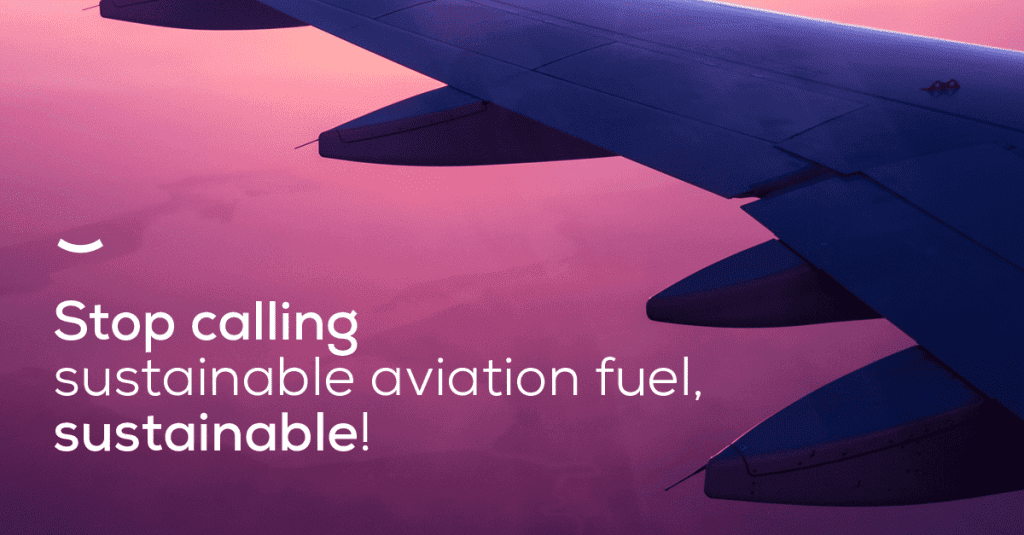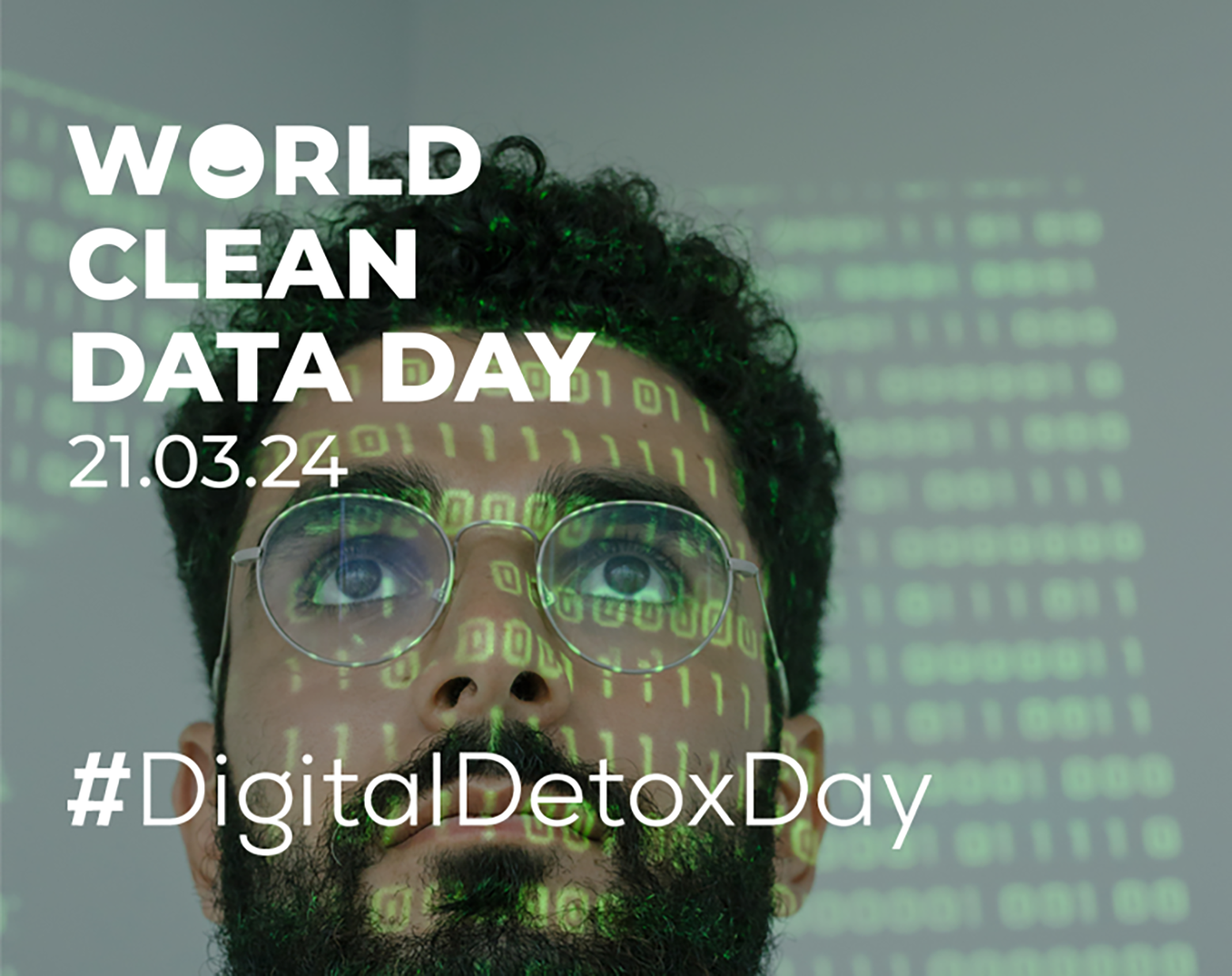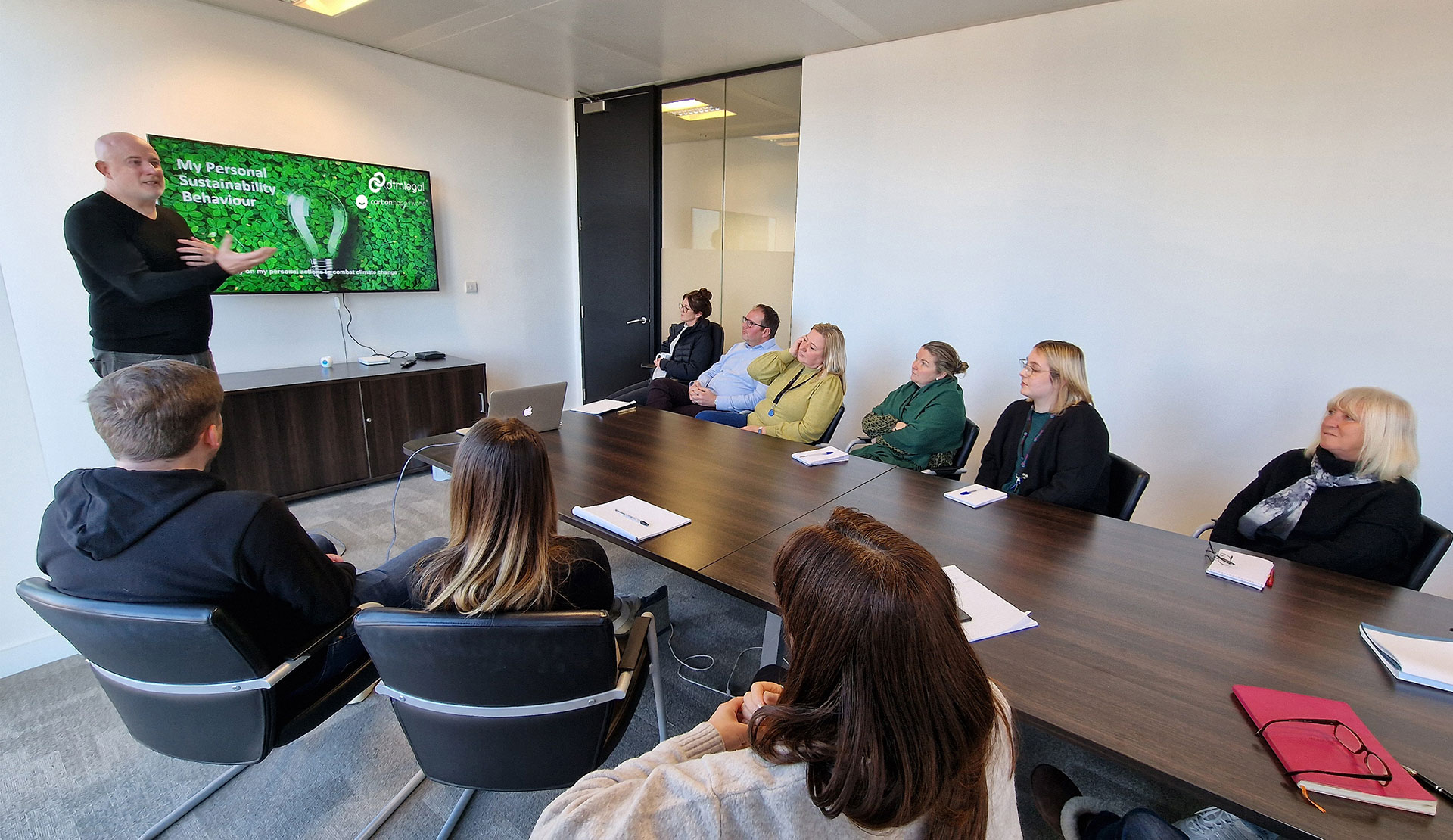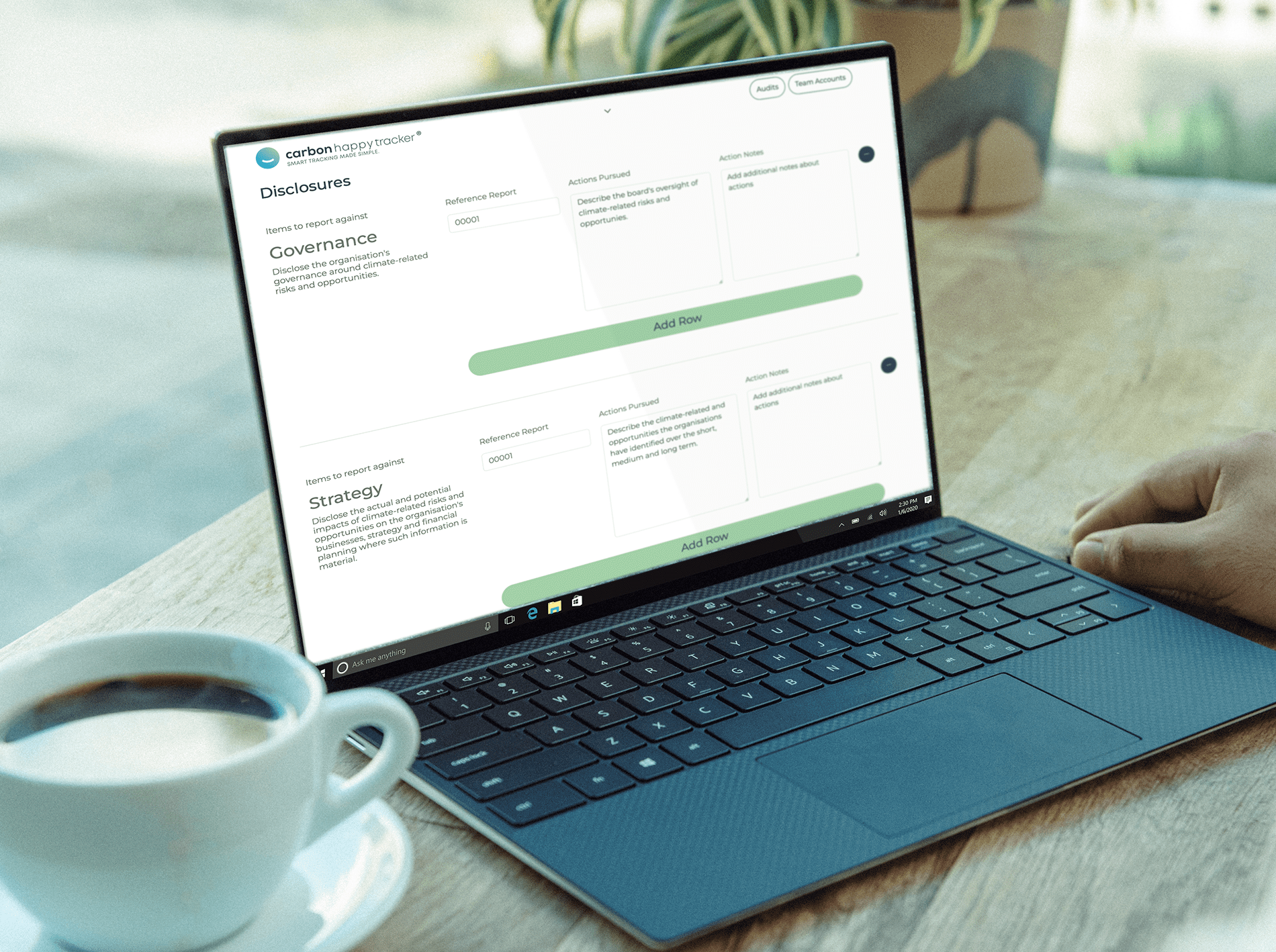
August 2023
The airline industry has a major problem and that is its carbon footprint.
It has known about this for decades, like all other carbon intensive industries it has ignored, lied and deflected this issue; something that will haunt it for years to come, that is, aircraft pollute our atmosphere with greenhouse gases more efficiently than any other form of transport.
Airlines and its aircraft are global warming’s best friend; flying at 30,000ft or 10,000m, they spread CO2 across our upper atmosphere, like a farmer sowing his seeds across his field, we’ll get to the farmer connection a bit later on, sitting like a nice cosy blanket the greenhouse gases are spread across the planet by the tractors of the sky.
Fossil fuels caused global warming, planes need fossil fuels to fly, it’s a highly flammable, highly calorific liquid called kerosene. To get the same thrust to propel the aircraft any other fuel would have to have a similar chemical profile at jet aviation fuel.
So called ‘sustainable aviation fuel’ commonly known as SAF has the same profile. Airlines such as Virgin Atlantic, Saudia, Qatar Airways, Emirates and even the Royal Air Force have all celebrated using SAF.
Why? Well, the world has changed over the past few years and so is our climate, airlines are trying to change the way they fly their planes, they no longer want to be the ones sowing the seeds of doom across our skies all dressed up in stylish logos and comfortable cabins. Airlines have realised the number is up.
The conundrum for them is non greenhouse gas flying such as electric and clean hydrogen are on the horizon, but we are not there just yet and nowhere near at scale. For instance, small twenty to thirty seat electric aircraft and passenger airships are just a few years away; clean hydrogen engines for long haul are still a long way off.
To bridge the gap, they are betting on SAF. We can’t call it sustainable anymore, it’s an ‘alternative aviation fuel’ or AAF. The fuel is refined using reclaimed organic materials such as plastic bags, forest litter, (bio mass), waste foods and cooking oils.
The most common of these is cooking oil. The farmer, remember him? Clears the land of natural vegetation, sows his sunflower seeds, uses fertiliser to grow them, they are harvested, transported, crushed, bottled, transported to the warehouse then on to the kitchen, heated up and used for cooking, drained and then transported back to the recycler, cleaned distilled, reformulated and burnt again as AAF, that’s some carbon footprint, in fact cooking oil has double carbon footprint.
Using plastic bags is even more terrifying, with this process the carbon that is already locked in the plastic is unleashed yet again to wreak havoc in our atmosphere.
Just as the oil industry, who knew back in the 1970’s the impact of its products had on the climate, changed the narrative from global warming to climate change. So does the airline industry today, calling organic carbon emitting fuels, sustainable.
The soft cuddly word “sustainable” makes us think everything is OK. But it’s not OK, today we have a name for it, “greenwashing”. The EU are currently debating how this mis-information campaign has to be stopped, not just for airlines but all consumer products, it will not be long before other leading economies will follow.
Over the past few months, we have seen authorities taking action. In the UK Etihad were banned from running an ad campaign which claimed their SAF was environmentally friendly and in June this year in the Netherlands, TUI lost a case, in question was a campaign called “Fair Travel”, where passengers donated €2, which was then matched with another €2 by TUI. The money was put into SAF purchases as well as “various initiatives at the destination”, which looks to be things like promoting hotels with sustainable practices (https://lnkd.in/eCKNgRfc).
According to the Advertising Code Committee, “TUI was unable to substantiate the claims about more sustainable jet fuels.”
One other point on alternative aviation fuel (AAF), it’s very expensive to produce, hence TUI getting their customers to help foot the bill, and there simply is not the infrastructure to support it.
The Future…
So, what can be done to help us bridge the gap between guilt free flying and putting our heads in the sand hoping it doesn’t really matter?
Firstly, aircraft manufacturers and the airlines are facing up to it. Passenger flights using electric propulsion are expected to start in 2025, but not with aircraft but airships, slow than planes but quicker than ships.
Electric aircraft carrying 25 passengers are expected shortly after, in 2026-27. Green hydrogen flights are the expectation for longer hauls travel and was, until recently not expected to happen till the mid 2040’s. However, there was a breakthrough in the summer of 2023 when the first test flight using green hydrogen was successfully completed, giving hope that this could happen quicker than expected.
New claims about E-Jet, taking CO2 and converting to AAF, is also gathering momentum, but we remain to be convinced that this is a viable solution.
Ergonomic wing designs that mimic bird’s feathers are in development, flight paths are being made shorter thus reducing times the planes spend in sky. Lighter composites for manufacture and more fuel-efficient engines regularly come into service.
At best we are standing still, the number of people flying is growing again, so it’s a race against time.
What can you do?
Stop calling sustainable aviation fuel, sustainable.
Fly less, fly economy.
Fly lighter
Or don’t fly at all.
More From The Blog

- World Clean Data Day 2024

- DTM Legal Partners with Carbon Happy World to Strengthen ESG Commitment in Liverpool City Region

- Embracing Sustainability: Your Pathway to Procurement Success

- What does the future of ESG Reporting look like?

- Carbon Happy World tell you what double materiality and ESG reporting is.
